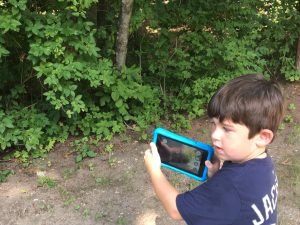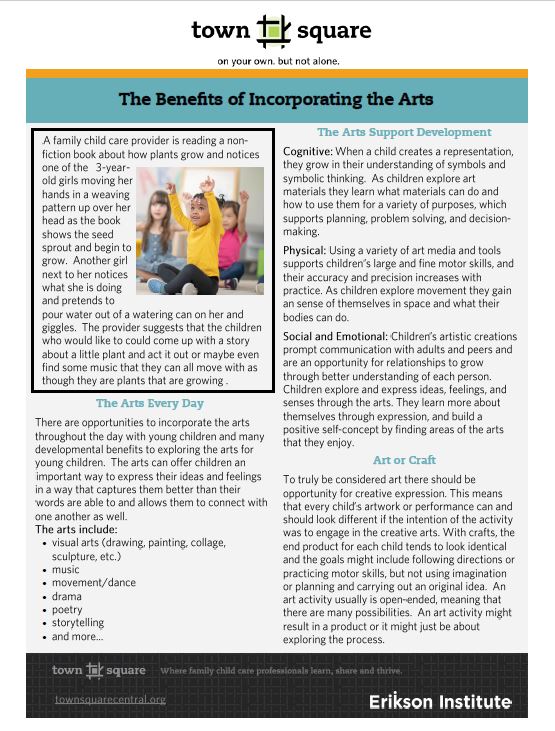As an early care and education provider, you play a critical role in the health and wellbeing of children. You are also very well positioned to help identify children who might need extra help in their development. This FREE, online training course, Watch Me! Celebrating Milestones and Sharing Concerns, helps you fulfill this role by providing tools and best practices for monitoring the development of children in your care and talking about it with their parents.
This 1-hour, 4-module course focuses on:
- Why monitoring children’s development is important
- Why you have a unique and important role in developmental monitoring
- How to easily monitor each child’s developmental milestones
- How to talk with parents about their child’s development
Click the link to start the class: Watch Me! Celebrating Milestones and Sharing Concerns | CDC
This webinar discusses how providers can work to support all children in becoming empathetic community members.
Consider: How do the principles of safety needs and growing needs influence how you plan your program? How can you prioritize building secure attachment with the children in your program?
The arts offer children a vital way to express their ideas and feelings. As providers, we can encourage the arts by being intentional in how we present art materials and support children as they create. This Town Square research to practice resource outlines the benefits of the arts for young children and showcases ways to explore the arts.
RtoP The Benefits of Incorporating the Arts
Town Square’s Learn, Share, and Grow series covers a particular topic spread across a number of short video segments. By breaking up the topic into multiple shorter videos, they are more digestible one at a time, while still being a part of a larger coherent segment. So if you only have 5 minutes, you can watch one, and if you have more time you can watch a whole series.
Below is our three part series on Brain development, explore other topics in the Grow tab.
Part 1
Part 2
Part 3
Town Square Research to Practice Statements offer information from theory and research with examples and suggestions for what it means in your work with children.

Town Square Research to Practice: Using Technology as a Tool to Support Learning and Development
Why do children bite and what can we do?
It is not uncommon for toddlers to bite, but it can be difficult to stay calm and know how to respond. This fact sheet give information about why toddlers bite and how to respond appropriately when biting occurs.
One of the most important tasks for young children is developing self-regulation and the support of caregivers is critical in this process. This handout offers some information about what is involved in self-regulation, why it is important, and how responsive caregiving can support it.
Fostering Self Regulation Handout
The CDC offers information about developmental milestones by age and children’s mental health as well as developmental screenings. There are tips for positive parenting and other research and resources. The Child Development Page on the CDC website gives information about a variety of health and safety concerns if you need more information about specific conditions such as autism spectrum disorder, muscular dystrophy, hearing or vision loss, etc.
The Center on the Developing Child website includes many handouts, briefs, videos, and multi-media resources based on the latest research in child development. There are many useful resources specifically related to brain development for parents and professionals. Some excellent short videos highlighting Three Core Concepts in Early Development can be found on the site.
Hide a toy under a small blanket or hand towel. Show the baby how it seems to disappear and re-appear when you pull the blanket off. Repeat several times asking the baby “where did it go?” “There it is!” As the infant develops the capacity for understanding that objects exist even when they cannot see them (object permanence) they will more actively search for objects.
Goal: The infant and caregiver will practice a back and forth exchange which is important for language development and for building positive relationships.





